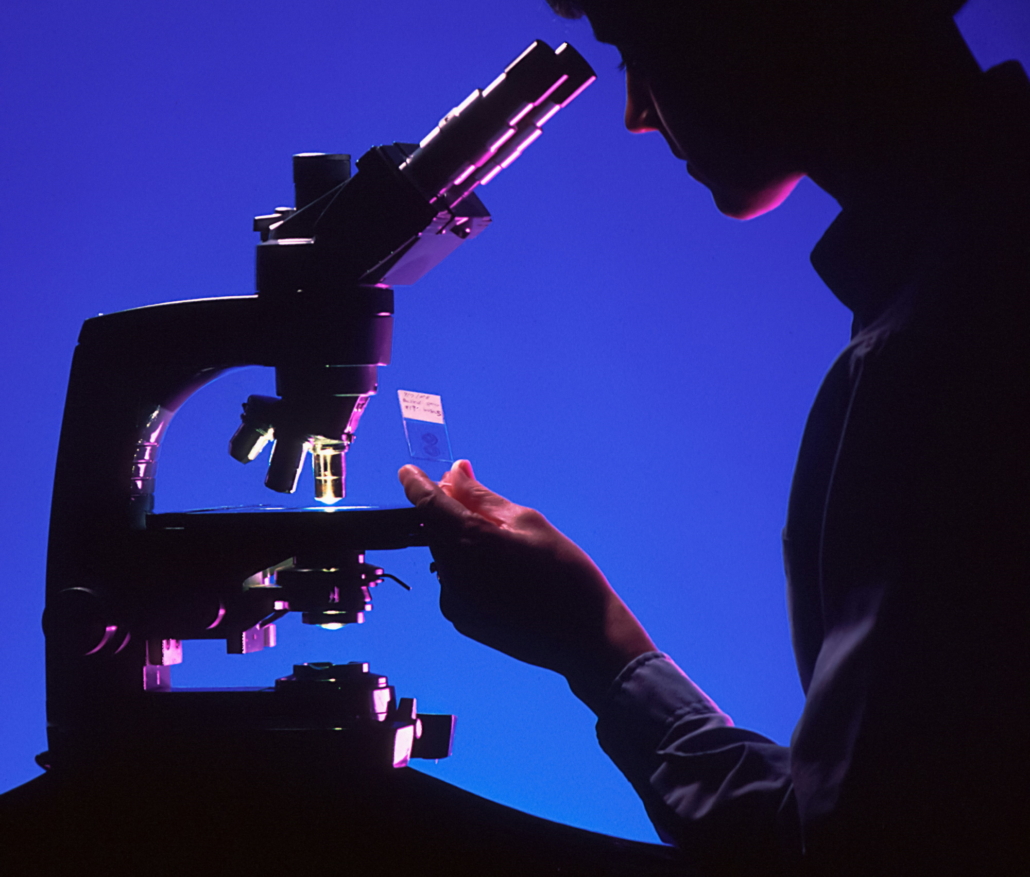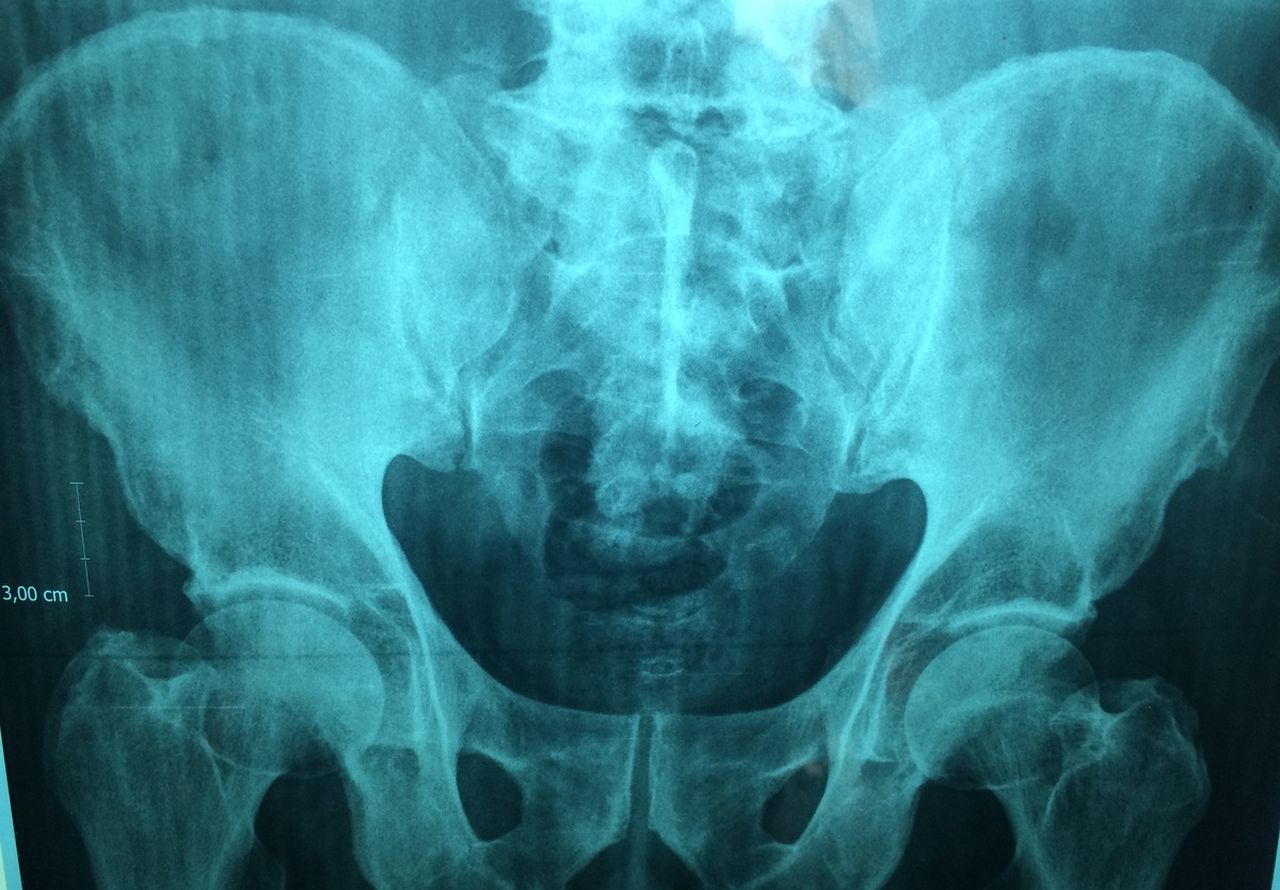Cancer represents one of the most complex areas of research and innovation. This pathology manifests in individual and unique ways, with extremely diverse disease profiles. “Cancers are currently classified by organ. Yet the scientific knowledge developed by research causes some specialists to wonder if we are completely wrong and whether we should actually categorize cancer types based on their molecular and genetic markers. It’s staggering!” Elsa Angelini says.
This Telecom Paris researcher specialized in the field of biomedical imaging and machine learning is closely involved in a project aimed at supporting innovation in cancer treatment, the Paris Saclay Cancer Cluster (PSCC). With an endowment of €100 million for a ten-year period as part of France 2030, this project, called a “Biocluster”, plans to increase the power of innovation in the fight against cancer in France. Founded by industrial leader Sanofi, Gustave Roussy – Centre de Lutte Contre le Cancer (CLCC), two academic partners, Université Paris-Saclay and Institut Polytechnique de Paris (including Telecom Paris and Telecom SudParis), and INSERM, the cancer center now brings together key players in research and treatment (Institut Curie, AP-HP, Unicancer), and over 100 businesses, ranging from large companies such as Servier, IPSEN and Merck, to start-ups.
Supporting innovative projects that fight cancer
The objective of PSCC is to provide technical and scientific support for all those working on innovative technology in the fight against cancer. This support takes the form of development advice, access to a network of experts, data, technologies, infrastructures and laboratories, and assistance in seeking funding. It is intended for start-ups supported by the program as well as for industrial members and the scientific community from hospitals and research laboratories.
The projects submitted by startups undergo a careful selection process before they can benefit from the support. The technologies proposed can be both digital and biological, such as innovation in imaging to facilitate diagnosis, a new blood test to detect cancer cells, and new molecules to combat cancer. “As of the end of 2023, PSCC has already supported around 30 projects related to therapies, medical devices, and data analysis,” Angelini said.
A source of clean and interoperable medical data
In cancer research, there is a crucial need to access interoperable medical data that is clean, standardized, searchable and originates from multiple care centers. Data is now available on the entire patient care and follow-up pathway: from diagnosis to therapeutic intervention and monitoring during remission. But this data in its many different forms (e.g., images, biological tests, genetic tests) is collected and stored on different platforms, and faces challenges to interoperability, even within same healthcare facility.
One of the major priorities of the PSCC is to ensure France’s sovereignty in this area because ”for the time being, our industrial stakeholders are spending millions to acquire this essential data in the United States,” Elsa Angelini explains. “On the one hand, this means large sums of money leaving the country and, on the other, all that is learned and studied is not about the French population! So there is a real economic, scientific and clinical issue involved.” Unfortunately, large public hospitals and cancer centers in France lack the cash flow and human resources needed to clean and standardize their data.
To remedy this, PSCC plans to allocate a portion of its funds to its partner hospitals to enable them to recruit the staff or service providers required to create these needed resources. The data will be extracted, cleaned and standardized directly at the Gustave Roussy center and at the other partner hospitals (Foch, Curie and AP-HP). A health data expert has been recruited specifically to coordinate communication and implementation, including establishing a standard data format to which all hospitals must adhere.
Close ties with education
While Sanofi provides funds, Université Paris-Saclay and Institut Polytechnique de Paris are providing PSCC with in-kind contributions. The two academic members grant the projects supported by PSCC with access to a catalogue of training programs that are likely to interest them. The broad range of themes include machine learning, the representation of knowledge in medical imaging, fluid mechanics applied to biology, and regulations and ethics concerning human augmentation.
“For now, we have provided these individuals with access to these existing courses free of charge. This allows them to attend classes and get hands-on experience in the labs,” Angelini explains. “The idea is not to give them long-term degree training, but to really support them in gaining the knowledge they lack. This is why we would like to initiate a second phase to provide them with dedicated and more targeted training, such as Master Classes and Summer Schools.”
The researcher believes that the academic partners involved in PSCC are contributing to a virtuous circle. In addition to fueling the ecosystem, they have the role of guiding their student and PhD communities toward this field of innovation “which is meaningful and has a significant impact,” she says. “We also hope that the data made available will be integrated into the use cases presented in our courses, which will allow us to train more research professors on more types of medical data, such as genomic data that is not often included in our research.” These synergies could lead to the creation of training modules or entire programs dedicated to biotechnology or biomedical.
Access to expertise and technology platforms
The five PSCC partners are also committed to providing access to specific expertise for the projects that need it and request it. “For example, giving a small tech start-up working on data the opportunity to talk to a doctor and think about the relevance of an algorithm,” Angelini explains. “Or, on the other hand, providing methodological expertise for biologists seeking to generate data who need input on their statistical modeling approach.”
Finally, the innovation and transfer projects supported by the program can access state-of-the-art data acquisition and sample analysis equipment and techniques, such as histopathology slides (biopsy tissue analysis), genomic sequencing tools, and microfluidic cell analysis techniques (in the micrometer range).
By 2025, twelve new technology platforms are expected to be established or reinforced at the partner hospitals or in shared research locations within PSCC. The creation of these platforms is based on an internal selection process and is subject to a constraint: after two years of operation, the funded platforms must be financially and operationally autonomous. In a second phase, the academic partner’s platforms, such as state-of-the-art microscopes for photon or polarimetric imaging could possibly be made available as well.
Uniting industrial and academic stakeholders to take on cancer
With this comprehensive range of solutions, PSCC aims to encourage other industrial stakeholders to join its ecosystem, including from the pharmaceutical industry, but “not only: other types of manufacturers such as Dassault have established a strong position in healthcare innovation.” In addition to supporting start-ups, PSCC is building a community of innovation stakeholders in oncology by relying on its organization, PSCC Connect. Companies that become members of PSCC Connect can join the community, benefit from networking opportunities, express their needs and gain visibility into the development of innovations.
“This mission of breaking down barriers in world of innovation that separate industrial stakeholders and start-ups, while also integrating academics is new and ambitious,” Angelini says. In addition to its partner facilities, PSCC will rely on the development of the Grand Parc Campus, a new district in the immediate vicinity of Gustave Roussy, which will include living spaces as well as 100,000 m2 of offices and wet labs for biological experiments. “This opportunity will provide a place to meet, receive training, get to know each other, and prepare for the future together, to support innovation in cancer treatment in France,” the researcher concludes.






